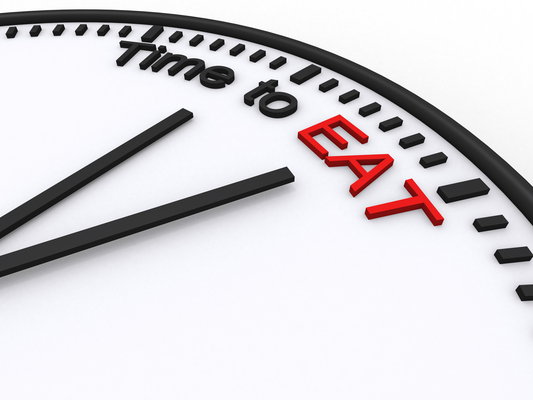While working to meet a deadline or binge watching your favourite series, it might happen that you forget to take your meal. What actually happens when you skip a meal? While it’s not a big deal to fall short of three square meals every once in a while, you’re definitely going to feel the impact. Generally speaking, for most people, skipping meals can absolutely have significant effects on your brain and body.
When it comes to regularly skipping meals, researchers are still amassing evidence on IF’s potential long-term effects on weight and health conditions like heart disease and diabetes. However, in the short term there are chances that you might feel ‘hangry’ if you skip a meal or two.
Here’s what will happen if you keep skipping meals.
1. Drop in blood sugar and energy levels

Food is the thing that keeps you going throughout the day. When you go about your day without food in your system, you’re basically running on empty. That’s why, while you know best how to time your eating, experts generally do recommend people aim to nosh on something every few hours. It’s not like if you don’t eat often enough on one day, all your systems will immediately go haywire. But your body will react to the dearth of fuel in various ways.
The primary one you’ll notice is low blood sugar. The main fuel for your brain is glucose, which you get from eating foods—predominantly carb-rich ones. When you skip a meal, your body starts to run low on its immediate glucose supply. Low blood sugar can zap your energy, making you feel sluggish and weak. It can also make it hard to concentrate because your brain doesn’t have the fuel it needs to think straight. Other low blood sugar symptoms can include shakiness, sweatiness, and irritability.
Soon, your growling stomach becomes all-consuming. It can be hard to think about anything but food when your brain and body are starved for energy.
2. Tend to choose non-healthy foods

When people are super hungry, they tend to go for the carbs and sweets because those will raise their blood sugar. That will probably make you feel better quickly. The problem is that the boost can be temporary if you load up on carbs alone. Without fat, protein, or fiber to temper the rise in glucose, your blood sugar can spike, and then dip all over again, leading to a vicious cycle. You’re also liable to be hungry again soon.
You are likely to overeat to make up for the lack of calories you took in throughout the day. That can cause nausea, constipation, bloating, and exhaustion.” Overeating usually happens because you’re taking food in way too quickly and ignoring your body’s satiety cues. Skipping meals doesn’t only affect the nutrients you consume, but your ability to exercise and lead a healthy life. Some people prefer working out on an empty stomach, which is usually just fine. But many people will do best with at least a light snack. It can be difficult to rev yourself up for a workout when you’re low-energy and food-focused. And if you don’t refuel after a workout, your body can’t restore its glycogen levels (which requires carbs) and repair your muscles (which requires protein).
Just so you know, it’s usually not a smart move to skip a meal or go much longer than you usually do without eating.
Featured Image Courtesy: Diet Zone

